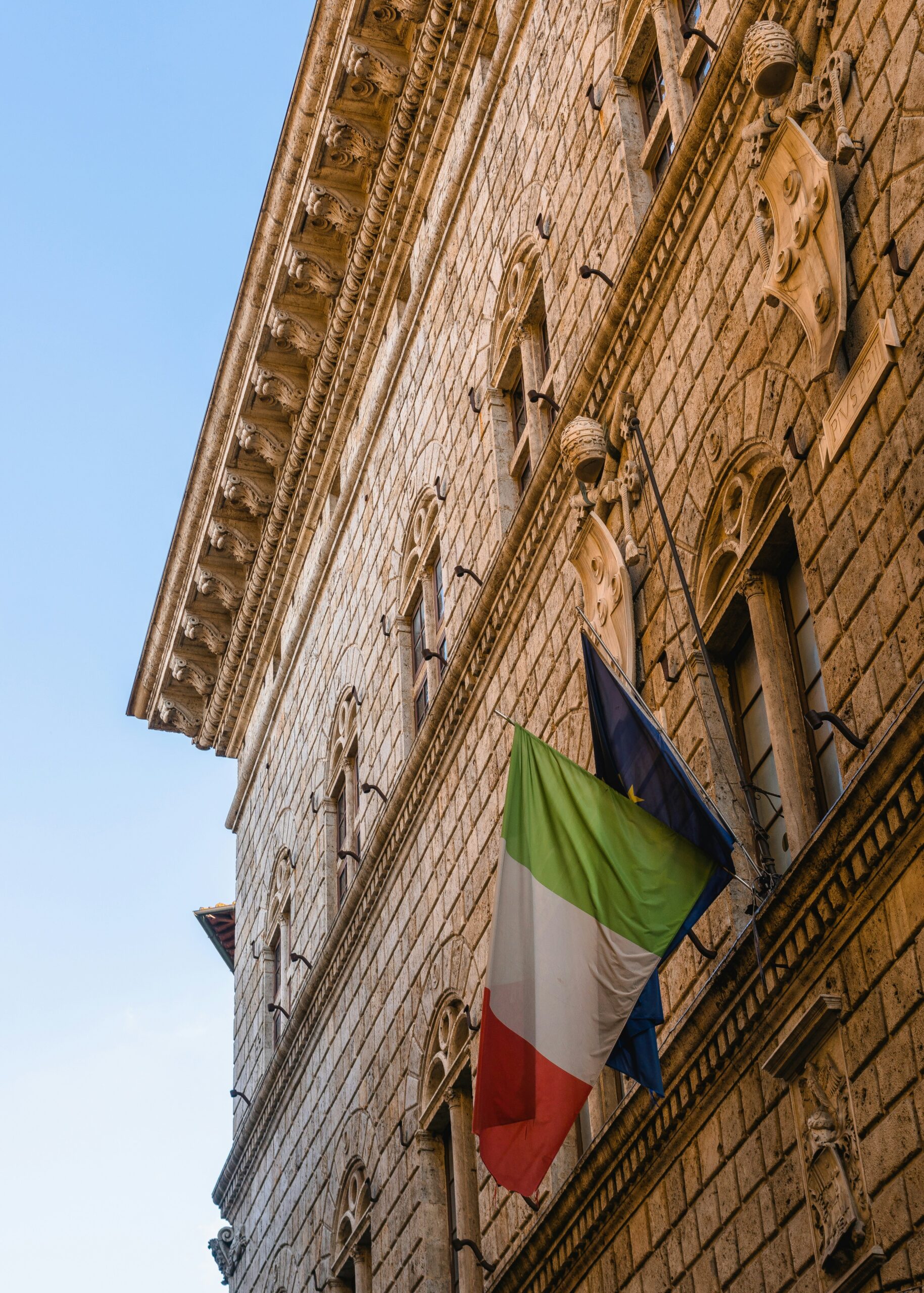Italian law already made it an offence to ‘carry out, organise or advertise the commercialisation of gametes or embryos or surrogacy’ in Italy, but the newly added clause says that Italian citizens will now also be liable to punishment under Italian law if the acts relate to surrogacy and are committed abroad. This means that Italian citizens who engage in compensated or commercially-arranged surrogacy outside Italy (such as in the USA) could now face criminal sanctions of up to two years in prison and a million Euros fine.
The move has been widely interpreted as an attack on LGBT+ rights, and it follows other steps taken by Italy’s right wing government against the community, including removing same-sex mothers from their children’s Italian birth certificates. But its reach is long, covering different-sex and single parents travelling abroad for surrogacy as well as gay men. It is also not limited to parents living in Italy, since the hook is Italian citizenship rather than residence. That means that Italian intended parents living in the UK or elsewhere, and even professionals working in surrogacy agencies and fertility clinics overseas – if they happen to have Italian nationality – could also be caught.
The changes are not retrospective so won’t affect parents who already have children (and probably not those who have a pregnancy established) as of October 2024, but will potentially affect any Italian citizens considering or currently engaged in a surrogacy process going forward. We are of course yet to see whether the new law will actually be prosecuted. This is not the first extra-territorial law banning surrogacy overseas, and past experience (including in Queensland, Australia) shows that such measures are often passed more to make a public statement than with an intention to enforce them: prosecution is impractical and unpalatable given the impact on the children involved. It may be that Italy’s draconian new law will, like its predecessor in Queensland, have a limited shelf life.
In the meantime, intended parents with Italian citizenship should take advice so they can make a considered decision about how to weigh the risks and navigate this more hostile environment in Italy if they are building their families through surrogacy overseas, particularly if they live in Italy or want their child to have Italian nationality. As surrogacy law specialists, we are working closely with our Italian law colleagues to ensure our UK-Italian clients get the best advice.
By Natalie Gamble

The UK’s leading surrogacy lawyers
Find out more about how we support families through surrogacy



